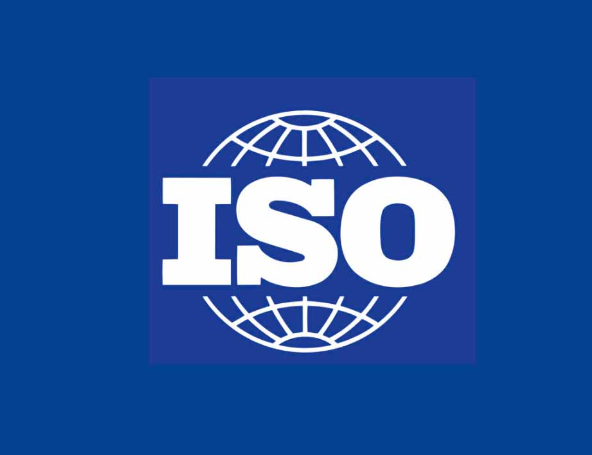A Comprehensive Guide to ISO Standards and Their Impact
3/20/20242 min read


Types of ISO Standards
ISO (International Organization for Standardization) is an independent, non-governmental international organization that develops and publishes standards to ensure quality, safety, and efficiency in various industries. There are several types of ISO standards, each serving a specific purpose. Let's explore some of the most common types:
1. ISO 9001:2015 - Quality Management Systems
ISO 9001:2015 is the most well-known and widely implemented ISO standard. It sets out the criteria for a quality management system and helps organizations demonstrate their ability to consistently provide products and services that meet customer and regulatory requirements. This standard focuses on customer satisfaction, continuous improvement, and the involvement of employees.
2. ISO 14001:2015 - Environmental Management Systems
ISO 14001:2015 provides a framework for organizations to manage their environmental responsibilities effectively. It helps businesses identify and control their environmental impact, reduce waste, and improve resource efficiency. This standard is crucial for companies looking to demonstrate their commitment to environmental sustainability.
3. ISO 27001:2013 - Information Security Management Systems
ISO 27001:2013 specifies the requirements for establishing, implementing, maintaining, and continually improving an information security management system. It helps organizations manage and protect their valuable information assets, such as customer data, intellectual property, and financial information. This standard is particularly important in today's digital age, where data breaches and cyber threats are prevalent.
4. ISO 45001:2018 - Occupational Health and Safety Management Systems
ISO 45001:2018 sets out the criteria for a comprehensive occupational health and safety management system. It helps organizations provide a safe and healthy workplace, prevent work-related injuries and illnesses, and continually improve their OH&S performance. This standard is crucial for organizations that prioritize the well-being and safety of their employees.
A Comprehensive Guide to ISO Standards and Their Impact
ISO standards play a significant role in various industries, providing guidelines and best practices to improve quality, efficiency, and safety. Here's a comprehensive guide to ISO standards and their impact:
1. Enhanced Credibility and Reputation
Implementing ISO standards demonstrates an organization's commitment to quality, safety, and environmental responsibility. It enhances the organization's credibility and reputation, as it shows that the company follows internationally recognized best practices.
2. Improved Efficiency and Productivity
ISO standards provide a systematic approach to various processes, helping organizations streamline their operations and improve efficiency. By implementing ISO standards, companies can eliminate waste, reduce errors, and enhance productivity.
3. Compliance with Legal and Regulatory Requirements
ISO standards often align with legal and regulatory requirements in different industries. By adhering to these standards, organizations can ensure compliance with applicable laws and regulations, reducing the risk of penalties and legal issues.
4. Enhanced Customer Satisfaction
ISO standards, such as ISO 9001, focus on customer satisfaction by ensuring consistent product quality and meeting customer requirements. By implementing these standards, organizations can enhance customer satisfaction, leading to increased loyalty and positive word-of-mouth.
5. International Recognition and Market Access
ISO standards are internationally recognized and accepted, providing organizations with a competitive edge in global markets. Compliance with ISO standards can open doors to new business opportunities and partnerships, as it demonstrates a company's commitment to quality and best practices.
6. Risk Management and Continual Improvement
ISO standards emphasize the importance of risk management and continual improvement. By implementing these standards, organizations can identify and mitigate risks, prevent incidents, and continually enhance their performance. In conclusion, ISO standards cover a wide range of areas, from quality management to environmental sustainability and information security. By implementing these standards, organizations can improve their processes, enhance their reputation, and achieve long-term success. Whether it's ISO 9001, ISO 14001, ISO 27001, or ISO 45001, each standard brings its own set of benefits and contributes to the overall growth and sustainability of businesses.
Talk to Experts


F203, Phase 3, Spencer Plaza Mall, Mount Road, Annasalai, Chennai - 600 002
Powered by
Finserve Capricon Private Limited
© Copyright Finserve Capricon Private Limited. All Rights Reserved
Kerala - Branch Office
TVS Junction, Kalamassery OPP: TVS Company,
Kerala 683104
Useful Links
Intellectual Property
Income Tax/ GST Service
Company Registration
Others
info@makeeasyfilings.com
+91 95000 31413; +91 89251 52220
